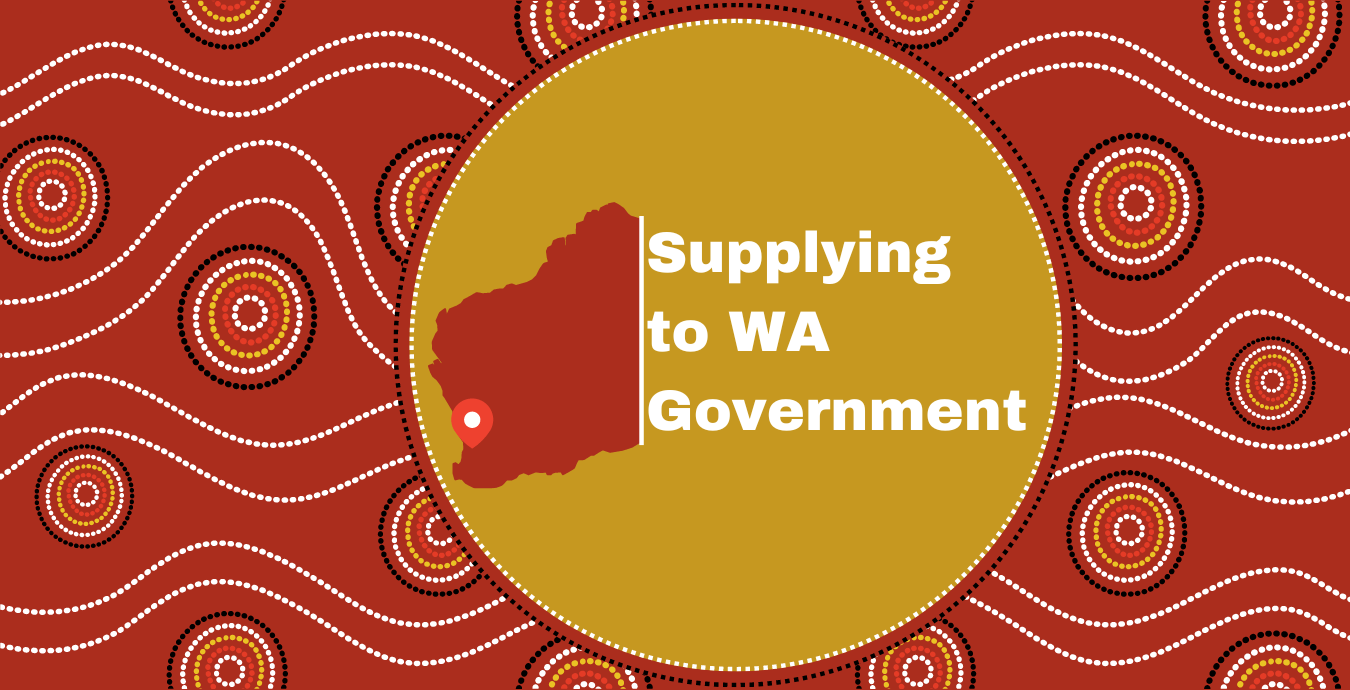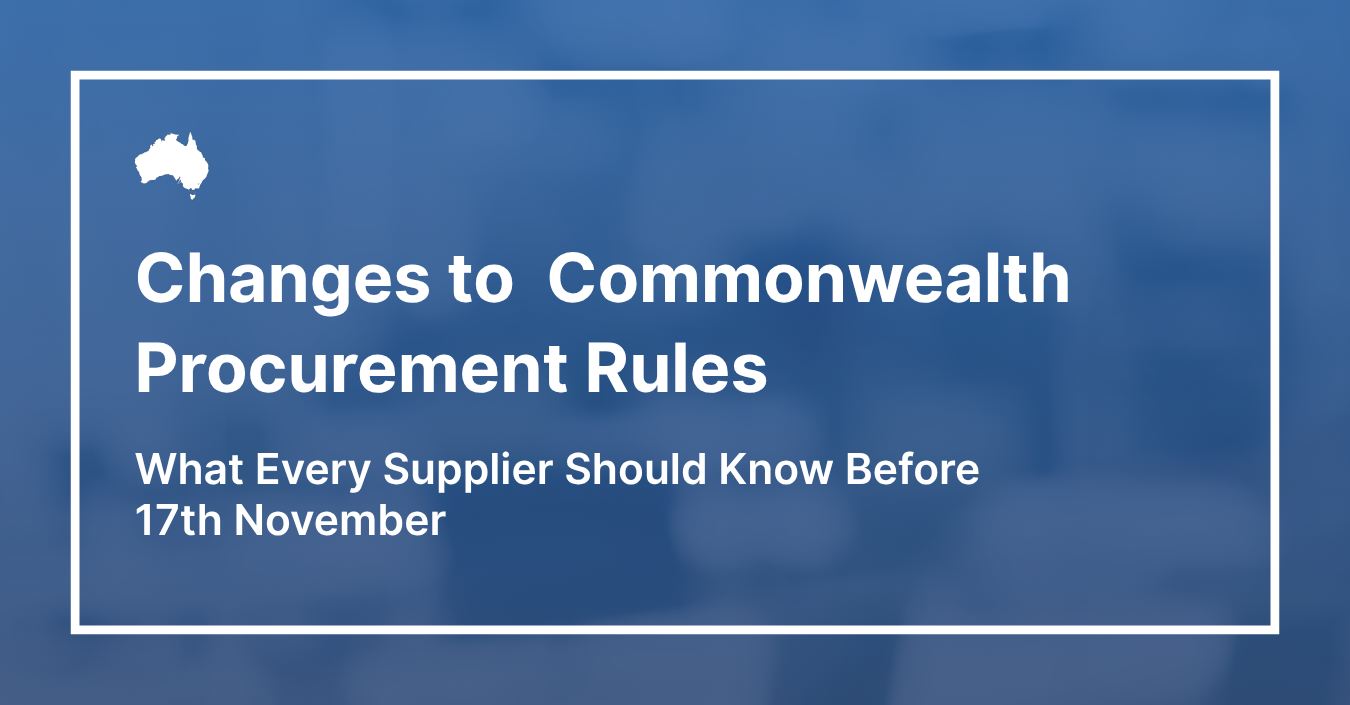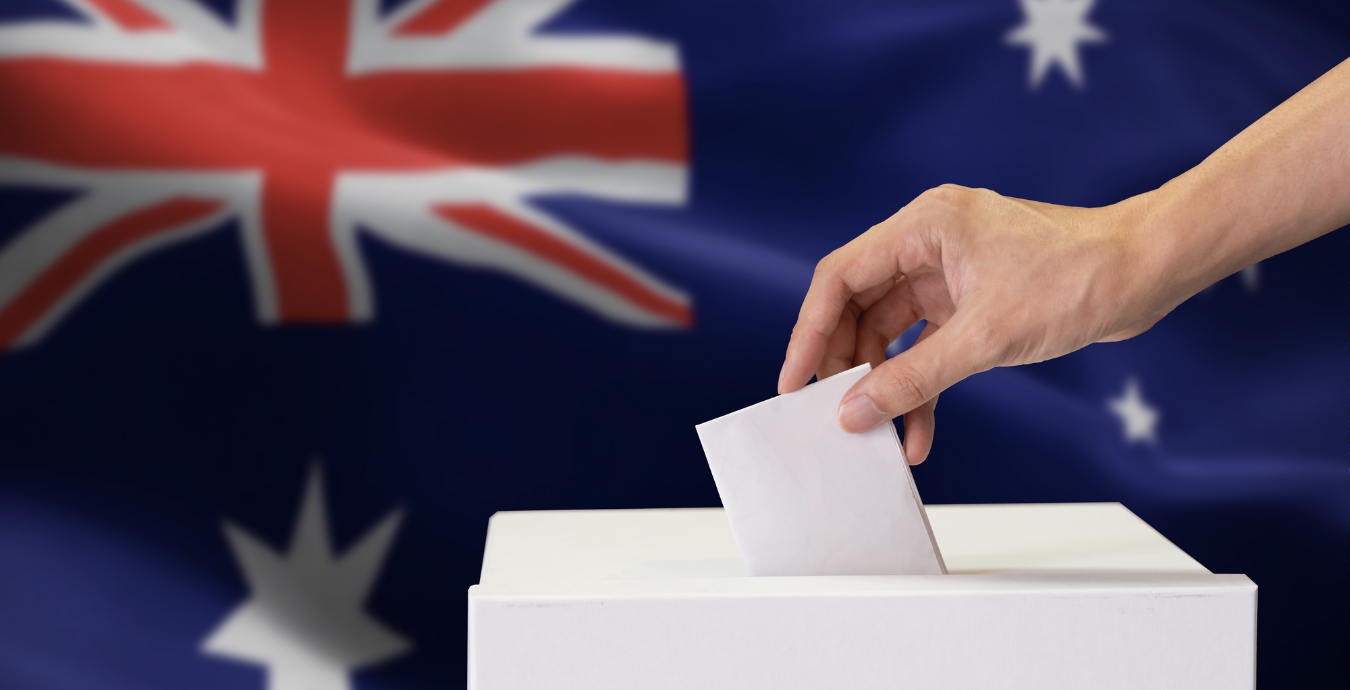 Have you come across words like panels, panel arrangement and panel tenders? Find out what they're all about here in this article.
Have you come across words like panels, panel arrangement and panel tenders? Find out what they're all about here in this article.
A panel arrangement is a pre-approved group of suppliers selected to provide goods or services over a fixed period, typically between 1 to 6 years, under standard terms and conditions. Common in both local and federal government procurement across Australia, panel arrangements are often used for frequently purchased items such as fuel, cleaning products, IT services, and office supplies.
Once on a panel, buyers (e.g., local councils or state departments) can procure directly from approved suppliers without going through a full competitive process each time. However, being on a panel doesn’t guarantee work, it simply means you’re eligible to be selected.
Open vs. Closed Panels
Open Panels: Allows new suppliers to join at designated intervals.
Closed Panels: Restricted to the initial suppliers selected during the tender process.
Why Panel Arrangements are used?
For Buyers
-
Streamlined Procurement: No need for repeated tendering, procurement is faster and more efficient.
-
Assured Quality: Suppliers are vetted for capability and value-for-money.
-
Reduced Risk: Buyers reduce project risk by working with pre-qualified vendors.
For Suppliers
-
Preferred Supplier Status: Increases your visibility and credibility with Australian government buyers.
-
Reduced Tender Load: Less time spent writing proposals.
-
Long-Term Opportunities: Potential for multi-year partnerships and contract extensions.
According to the Australian Government, there are over 500 panel arrangements currently in place across agencies, offering pre-approved supplier lists that significantly streamline procurement and improve efficiency.
How to Get onto a Government Procurement Panel
1. Search and Apply: Opportunities are listed on portals like AusTender (Federal) or Australian Tenders and individual council procurement sites.
2. Register with Government Agencies: Sign up with the relevant procurement portals.
3. Demonstrate Capability: Showcase experience, flexibility, and your value proposition.
4. Prepare to Respond: Be ready to quote or submit mini-tenders if requested.
Once you're accepted, be proactive. Maintain strong relationships, meet KPIs, and report performance data regularly.
What’s Required From Panel Suppliers?
Several obligations must be met for those who are part of a panel arrangement. A few of these requirements have been highlighted below as examples. These requirements are requested by the buyer organisation WALGA panel arrangement and may differ according to the buyer organisation/ government. To see what a real Preferred Supplier Arrangement/Program (PSA) entails, check out WALGA’s program here.
Best Price Guarantee
There is a legal requirement for all preferred suppliers to provide their best pricing and conditions of supply exclusively through the buyer’s panel arrangement.
Full Compliance
The integrity and reputation of the buyer are built on the fact that the appointed preferred supplier delivers in accordance with their contractual commitments. This includes cooperating with any compliance audits that the buyer establishes directly or through an independent auditor.
Quarterly Management Reporting
You may need to provide a quarterly activity report to the buyer on activity generated under the PSA. This includes all work with members that has not been tendered. The buyer maintains confidential data on contract usage, including actual expenditure per member and projected savings against market prices (as outlined in your bid to be part of the panel).
During the contract
The parties involved will comply with specific contract management activities, including establishment and management of KPIs (for the preferred suppliers and the buyer), ongoing compliance and risk management, audits and quarterly contract management meetings/contacts.
Useful Links to Procurement Panels Across Australia
The table below provides direct links to purchasing departments from each state across Australia and pages to learn more about their schemes and panel arrangement.
| State | Purchasing Department Link | Schemes and Panels |
| NSW | Procurepoint | Schemes & Contracts |
| WA | WA.Gov | Common Use Arrangements |
| VIC | Buying for Vic | Apply to join a contract, panel or register |
| QLD | Supply to Queensland Government | Supplying for buying categories |
| NZ | Procurement.gov.nz | Supplier Panels |
| FED | AusTender | Panels |
| ACT |
Procurement ACT | Whole of Government Arrangements |
| NT | NT.gov | How Government Buys |
| SA | Procurement SA | Across government contracts |
| TAS | Purchasing.TAS | Common-use Contracts of the TAS Government |
Final Thoughts
Panel arrangements play a crucial role in Australia's procurement ecosystem. Whether you're supplying construction materials in Brisbane or providing IT support in Adelaide, becoming part of a government panel can create long-term opportunities for your business. Stay updated with current tenders, register on relevant portals, and position your business to meet evolving government needs.
Want help identifying panel opportunities? Sign up to Australian Tenders to access upcoming panel tenders across Australia and New Zealand or contact us at support@australiantenders.com.au.





